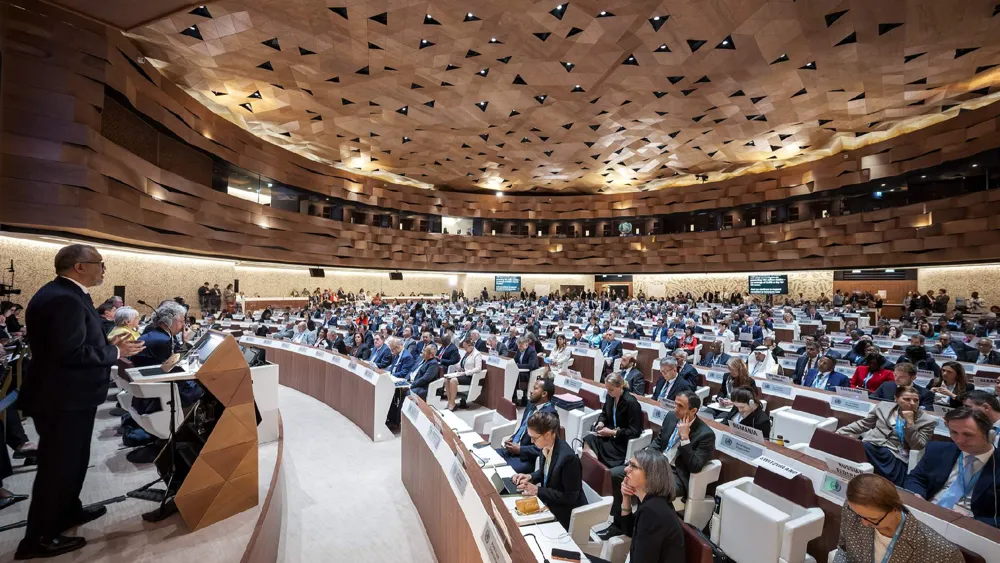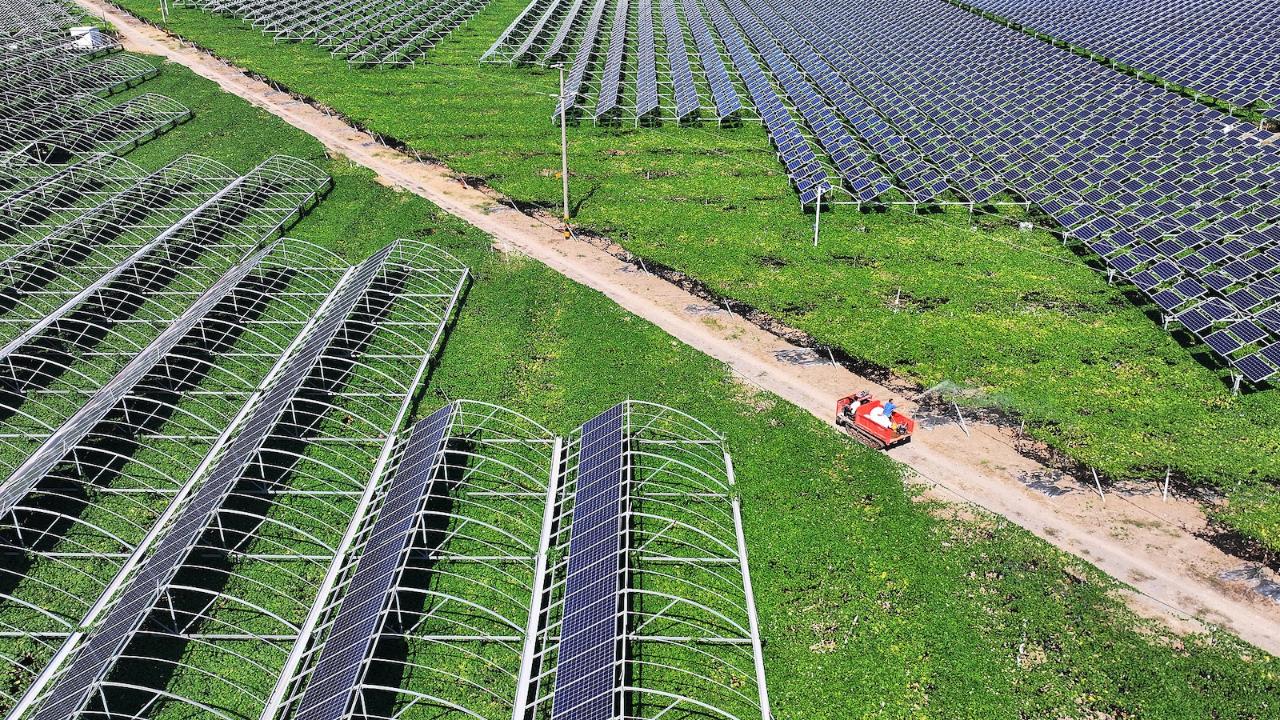World Health Assembly Approves Global Pandemic Agreement

The World Health Assembly, the highest decision-making body of the World Health Organization, adopted a landmark global pandemic agreement on Tuesday, aiming to enhance health response strategies, improve surveillance, and promote health equity around the world.
The pandemic agreement proposes the establishment of new platforms and mechanisms designed to overhaul existing systems for pandemic surveillance, prevention, and response. It seeks to foster research as well as equitable sharing of pandemic-related products and aims to reform the production and distribution processes of these products while addressing fairness challenges in global health development.
During a meeting on Monday, WHO member states endorsed a resolution advocating for the adoption of the pandemic agreement. According to a press release from the WHO, this resolution outlines critical steps to bolster global preparedness and facilitate the practical implementation of the Agreement.
One of the key measures involves initiating a process to draft and negotiate an annex that will create a Pathogen Access and Benefit Sharing system through an Intergovernmental Working Group. The outcome of this initiative will be reviewed at next year's World Health Assembly.
After the adoption of the agreement, the Chinese delegation highlighted China's proactive role in the negotiation process. Committed to the vision of fostering a global health community, China emphasized its support for true multilateralism and has facilitated enhanced cooperation among nations, also underscoring the World Health Organization's central role.
The Chinese delegation further noted its collaboration with various countries to improve international health governance and enhance global capacities for pandemic prevention, preparedness, and response. China's science-based approach to pandemic surveillance has included substantial contributions to the drafting process, reinforcing cooperation among member states.
In conjunction with other nations such as Brazil, Indonesia, and Bangladesh, China has actively worked to address the equitable access concerns of developing countries regarding health products within the Group for Equity framework, showcasing its commitment as a responsible global leader.
WHO Director-General Tedros Adhanom Ghebreyesus acknowledged at the assembly that the pandemic agreement would stand among the most significant achievements in the history of the organization, asserting that it positions humanity in a stronger stance to manage and respond to future pandemics.
The intergovernmental negotiating body responsible for crafting the pandemic agreement was formed during a special session of the World Health Assembly in November 2021, highlighting the global commitment to enhance abilities for pandemic preparedness and response.
On April 16, following three years of intensive negotiations, the WHO announced a consensus among member states regarding the draft text of the agreement, which was subsequently presented for further consideration during the 78th World Health Assembly.
Overall, the adoption of this pandemic agreement marks a critical advancement in international health policy, emphasizing the importance of collaborative efforts in addressing future health crises.
Read These Next

Streetlight Charging: Revolutionizing EVs
A Pennsylvania State University research team has successfully converted streetlights into electric vehicle charging stations, providing a cheaper and more effective alternative to traditional installations while considering urban equity.

AI Surge in Venture Capital: A Game Changer
Analysis of the recent PitchBook report indicating a historic investment surge in AI startups within the venture capital sector, exceeding half of total funding.

China Aims to Accelerate Green Transition in All Sectors
China plans to speed up its green economy transition with investments in technology and eco-friendly practices to combat pollution.
